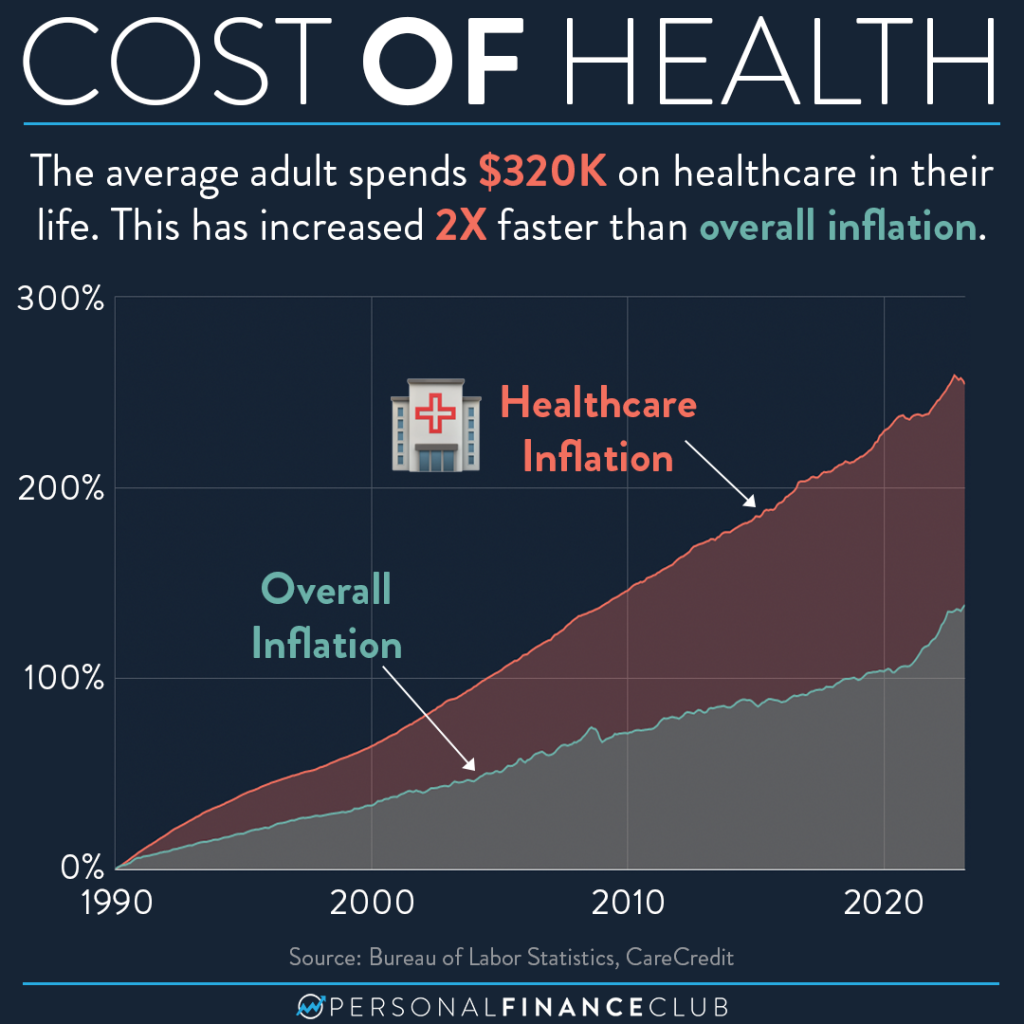Healthcare RCM: Maximize Income Cycle Monitoring for Better Outcomes
Healthcare RCM: Maximize Income Cycle Monitoring for Better Outcomes
Blog Article
Understanding the Duty of Healthcare RCM in Enhancing Financial Performance and Client Fulfillment
Browsing the intricacies of Healthcare Revenue Cycle Management (RCM) is vital for accomplishing optimum monetary efficiency while all at once boosting person contentment. RCM's capacity to improve invoicing, make sure exact coding, and speed up insurance claims processing stands as a foundation of modern-day healthcare operations. Nonetheless, the nuanced interplay in between these components warrants a more detailed exam to totally value their effect on both doctor and patients. As we discover the transformative possibility of RCM, concerns about its tactical implementation and future advancements bid, appealing insights that might redefine market standards and person experiences alike.

Secret Parts of RCM
In the complicated landscape of health care, Profits Cycle Administration (RCM) is critical in making sure monetary stability and operational performance. A thorough RCM system incorporates several critical parts, each playing an important role in the seamless management of a health care company's financial processes. Person enrollment and eligibility verification are fundamental actions, guaranteeing that accurate person info is captured and insurance coverage is confirmed before solutions are rendered. This minimizes the danger of claim denials and accelerates the repayment process.

Cost capture is another crucial element, entailing the accurate recording of services supplied to clients. It makes certain that all billable services are represented, therefore making best use of income potential. Concurrently, clinical coding translates patient experiences into standardized codes, which are vital for billing and regulative conformity.
Cases submission and management comply with, entailing the prep work and submission of claims to payers. This process needs thorough focus to detail to reduce mistakes and prevent delays. Denial administration is a positive strategy to address and solve rejected insurance claims, securing profits streams.
Finally, repayment publishing and individual collections finish the cycle, making sure payments are accurately tape-recorded and impressive balances are gone after. Together, these components develop a robust framework that supports the financial and operational wellness of medical care companies.
Influence On Financial Performance
Effective Income Cycle Management (RCM) considerably affects a health care organization's economic efficiency by enhancing capital and reducing revenue leak. RCM encompasses the comprehensive billing and collection processes that make sure doctor effectively manage their financial purchases from individual registration to last repayment. By enhancing these processes, organizations can lessen rejected claims, quicken repayment cycles, and enhance total monetary health.
Economic performance is boosted with meticulous monitoring of invoicing treatments, which includes exact coding and timely entry of insurance claims. This reduces the possibility of insurance claim rejections and rejections, which can substantially impede income circulation if not attended to promptly. Moreover, integrating innovative innovation remedies helps with real-time monitoring of claims and economic metrics, providing health care managers with the tools needed to make informed calculated decisions.

Enhancing Person Satisfaction
While optimizing financial performance is a key purpose of Income Cycle Monitoring (RCM), it additionally plays a pivotal duty in boosting person contentment. By reducing management burdens, RCM allows medical care providers to concentrate a lot more on person treatment, which directly improves person contentment.

RCM likewise enhances individual complete satisfaction via effective interaction. By maintaining a detailed database of individual details, RCM helps with enhanced interaction between people and healthcare providers, making sure patients feel educated and valued.
Strategies for Efficient RCM
Attaining efficient Income Cycle Monitoring (RCM) requires health care organizations to implement a set of calculated practices that guarantee monetary security and operational efficiency. One essential strategy is the adoption of technology-driven remedies, such as integrated software application platforms that simplify invoicing procedures, lower mistakes, and enhance data accuracy. These systems allow real-time monitoring of financial metrics, enabling timely recognition and correction of inadequacies.
Another strategy is the standardization of processes throughout the revenue cycle. Healthcare RCM. This involves developing consistent policies for patient registration, insurance coverage verification, and asserts handling. By ensuring that all staff adhere to these standards, organizations can accelerate and decrease inconsistencies settlement collections
Team training and growth likewise play an essential role in efficient RCM. Well-trained personnel can efficiently browse intricate invoicing procedures and regulations, minimizing denials and improving capital. Normal updates on plan modifications and finest practices aid preserve a experienced and qualified workforce.
Future Trends in RCM
As healthcare companies enhance their Earnings Cycle Management (RCM) approaches More hints with innovation and standard procedures, interest is currently turning in the direction of the future trends forming this crucial location. One significant trend is the combination of expert system (AI) and artificial intelligence to automate intricate tasks, such as insurance claims refining and predictive analytics. These modern technologies are expected to minimize mistakes, accelerate deal times, and offer data-driven understandings for far better decision-making.
Furthermore, the shift towards value-based treatment proceeds to affect RCM practices - Healthcare RCM. Doctor are get more anticipated to progressively concentrate on patient results and satisfaction, necessitating RCM systems that can fit brand-new repayment versions. This shift will need even more thorough information collection and analysis to efficiently report and determine on performance metrics
Interoperability is one more arising concern, as smooth data exchange between diverse systems comes to be vital. Improved interoperability will assist in even more precise individual details sharing, reducing management worries and boosting the patient experience.
Conclusion
Medical Care Income Cycle Management (RCM) substantially influences both monetary performance and person fulfillment by optimizing payment processes, making certain precise coding, and making it possible for timely cases submission. Reliable RCM reduces earnings leakage and increases cash flow, reducing insurance claim rejections and speeding up settlements.
Navigating the ins and outs of Healthcare Income Cycle Management (RCM) is essential for accomplishing optimum financial performance while simultaneously raising person satisfaction. RCM includes the comprehensive invoicing and collection procedures that make sure medical care companies successfully handle their financial transactions from client registration to final payment. By decreasing management worries, RCM allows healthcare visit the site suppliers to concentrate extra on patient care, which directly enhances individual contentment.
By keeping a comprehensive database of individual details, RCM promotes boosted interaction in between people and medical care providers, guaranteeing individuals really feel notified and valued.Health Care Profits Cycle Administration (RCM) substantially affects both monetary performance and client contentment by maximizing invoicing procedures, making certain precise coding, and allowing timely claims entry.
Report this page